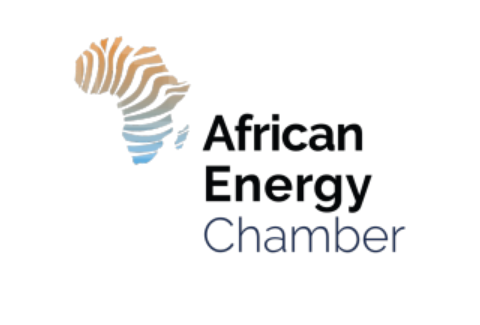| After Mauritania and Senegal signed the inter-governmental cooperation agreement in 2018 that allowed partners Kosmos Energy, BP, and their partners to proceed with the deepwater Tortue natural field project in the Ahmeyim basin, Kosmos Chairman and CEO Andrew Inglis praised both countries’ leaders. It was their ability to cut through red tape, pursue mutually beneficial solutions, and think in the long term, he said, that would enable Mauritania and Senegal to reap the vast rewards of hydrocarbon province, which is expected to deliver approximately 2.5 mmtpa of natural gas in its initial phase.“Kosmos congratulates Mauritania, Senegal, and their respective ministries and national oil companies for working together so effectively to reach an agreement that enables their shared gas resources to be developed quickly and efficiently for the benefit of both countries,” Inglis said.Since then, the project has been moving forward, and Phase 1, a floating liquified natural gas vessel (FLNG), is expected to start operations this year. Other natural gas projects are on the horizon for Senegal and Mauritania as well. BP and Kosmos plan to launch another large project in the ultra-deepwater Yakaar-Teranga gas field offshore Senegal, which holds 2,739 bcf of natural gas reserves. The Senegalese Ministry of Petroleum and Energies said a final investment decision will be made by the end of the year, and first production will take place in 2024. And in Mauritania, BP has begun studies on its BirAllah offshore gas discovery.Despite a global pandemic, increasing Western hostility toward hydrocarbons, and a USD33 billion decline in capital expenditure in African projects, Senegal and Mauritania are rising fast in the world of natural gas — and this trajectory owes much to their cooperation with each other as well as to the enabling environment they have created for international oil companies (IOCs). In fact, in 2018, Senegal joined the list of the top five most reforming countries in sub-Saharan Africa, meaning they’ve made considerable strides to improve the business climate and increase their attractiveness to investors. Not to be outdone, Mauritania comes in at number 10 on the list of top reformers worldwide. |
